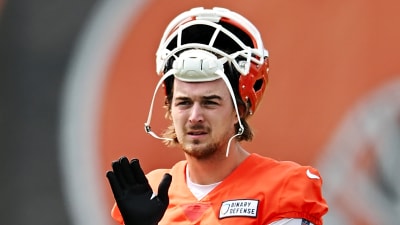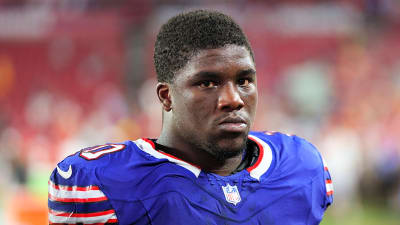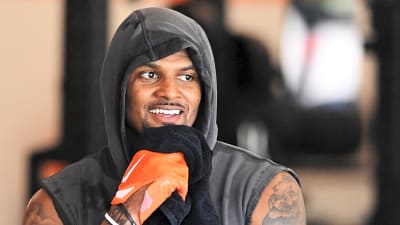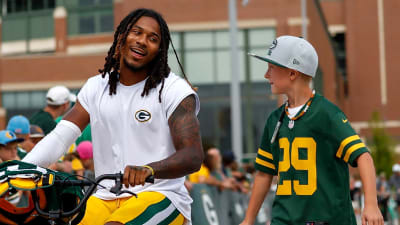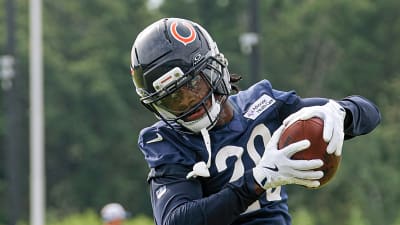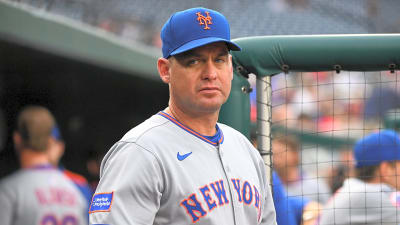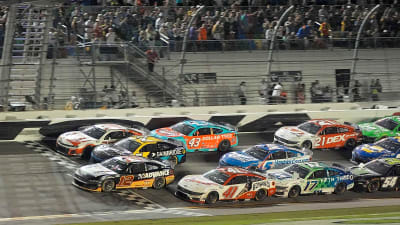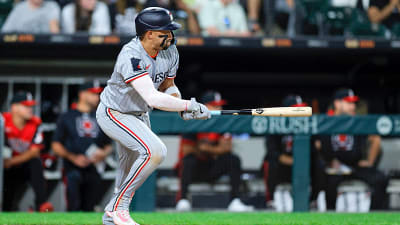Paolo Maldini has spoken about his experience at AC Milan and what he learned at the club both in his time as a player and as a technical director.
Maldini is a man who needs little introduction given the mark he left on the game. He is widely regarded as one of the greatest defenders of all time having played both as a full-back and as a centre-back, and at an elite level in both positions.
The Italian spent all 25 seasons of his playing career in the Serie A with Milan and did not retire until he was 41 in 2009. He won 26 trophies with the Rossoneri including the Champions League five times, seven Serie A titles, one Coppa Italia, five Supercoppa Italiana titles, five European/UEFA Super Cups, two Intercontinental Cups and one FIFA Club World Cup.
He had his No.3 shirt retired by the club and then he returned in August 2018, a few weeks after Milan’s change of ownership to Elliott Management. In June 2019, Maldini was promoted to technical director, but he left under a cloud after the 2022-23 season.
Maldini gave a long interview to the AKOS podcast hosted the famous physiotherapist Luca Gemignani and he spoke about a wide range of topics from what he learned at Milan to how methods in football have changed, with his comments relayed by Radio Rossonera.
You spent your entire career at Milan…
“I wouldn’t consider it a monotonous path, but rather full of ups and downs and full of satisfaction. I believe that the luck of a footballer who plays in a team is to find a club that has the same ambitions as you and that still has the possibility of making you reach your maximum level.
“I was lucky enough to have, in addition to talent, a team that aimed for the highest goals: this, I believe, was the number one secret for being able to have such a long career within a club.”
What was it like having your dad be a coach when you were a child?
“When my father coached Ternana, Parma, Foggia he always moved around in an absolutely autonomous manner, also because we are 6 brothers, we were all quite young.
“The career as a coach is made up of moments and, so maybe they take you to Parma and after 6 months they send you away so it’s not certain that you will stay for a long time so it is absolutely not worth moving the family.
“Among other things, we all went to school, we all had our afternoon activities and consequently it would have been truly impossible.”
And he was also a player…
“I never saw my dad play, he stopped in 66 67 and I was born in 68. However, when comparisons are made between the various eras it is difficult to include a boy who maybe he plays in the 2000s in the 60s or vice versa.
“I think I was lucky enough to start in the 80s where there was a certain type of education, a certain type of values that I then carried forward throughout my career. Then the knowledge of the specificity of training, technique, tactics and physical preparation has had a huge evolution in football over the years.
“Thank God I had great coaches and great trainers who also paved the way a little for a sort of higher level professionalism in the world of football.”
Is football different now?
“In the first years there weren’t many videos, there was practically only the possibility of a game being broadcast live on Rai, a second half of the season match chosen by Rai or the Champions League match called the European Cup on Wednesday evening.
“You didn’t have the opportunity to know the characteristics of the opponent except through men from the club who went to watch the matches, but they were all told. I don’t think there was less professionalism, there was less knowledge and fewer tools to make that type of sport more professional, not in terms of commitment but precisely in terms of knowledge.”
More must-reads:
- Chelsea star reaches agreement with German giants, clubs working to finalize deal
- Newcastle steps up striker search amid Alexander Isak crisis
- The 'NFL sack leaders since 2015' quiz
Breaking News
Trending News
Customize Your Newsletter
 +
+
Get the latest news and rumors, customized to your favorite sports and teams. Emailed daily. Always free!
